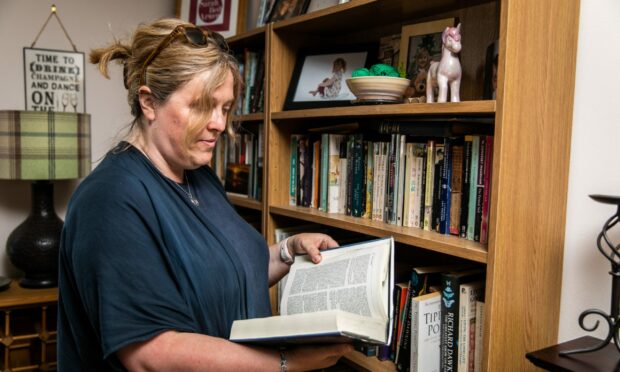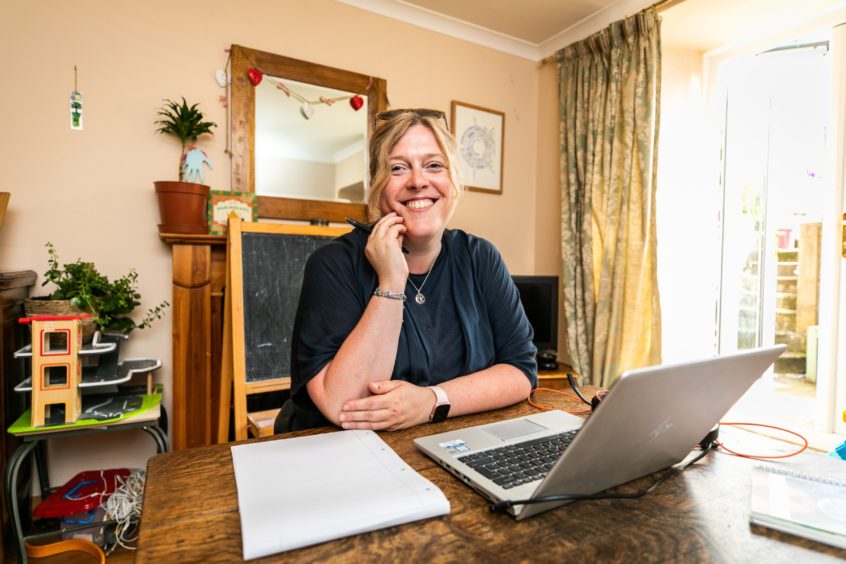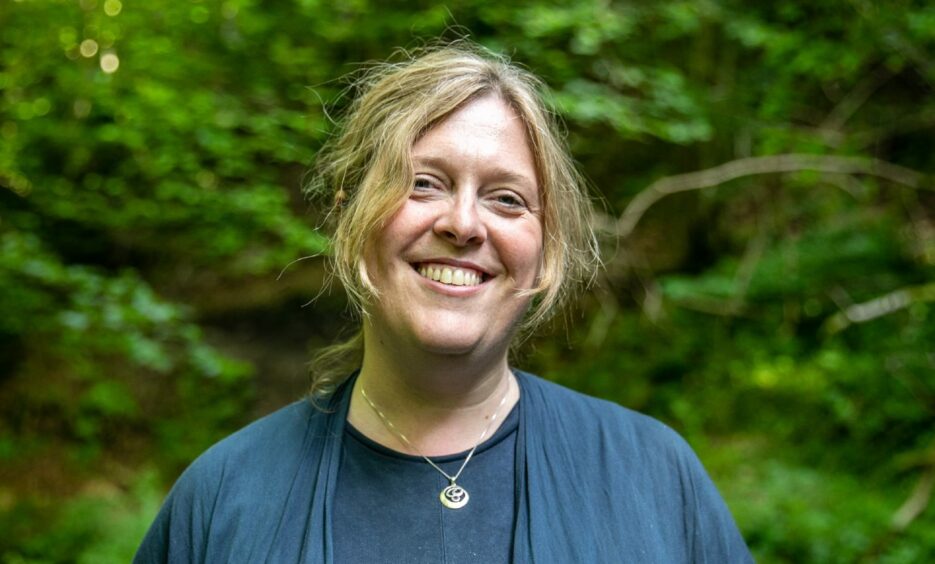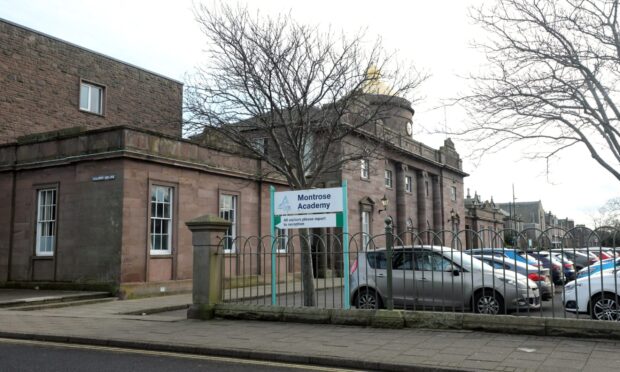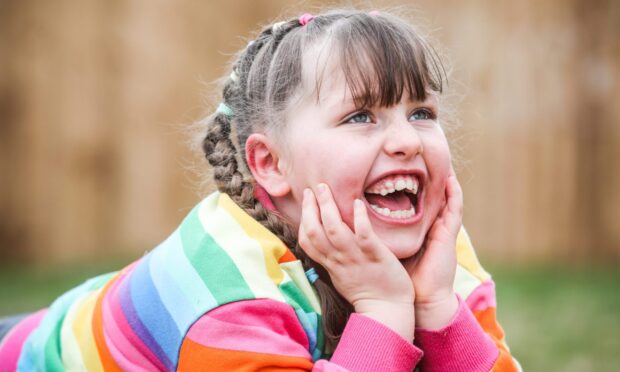Nearly 1,200 children in Tayside were referred to specialist children’s mental health services last year.
Newly released figures show 1,187 youngsters, under the age of 16, were referred to NHS Tayside’s Child and Adolescent Mental Health Services (CAMHS).
The figure covers April 2020 to March 2021 – the height of the pandemic and lockdown periods.
Dr Sarah Hulme, educational psychologist at the University of Dundee, said: “It’s been intensely traumatic for some children and we are seeing increases in mental health difficulties across society.
“For young people and teenagers especially, it’s quite a difficult time anyway with such a lot of changes happening.
“Add onto that the uncertainty around Covid and – certainly for younger children – adults don’t really have the answers, and that’s not what they are used to.”
Despite concerns about children’s mental health during the pandemic, the figures are a small decrease on the previous year, when 1,349 under 16s were referred to CAMHS between April 2019 and March 2020.
NHS Tayside declined to comment on the reduction, saying any such comment would be speculation.
Concerns emerging
Dr Suzanne Zeedyk, a child developmental psychologist based in Dundee, said: “We have a lot of data coming in now that is talking about mental health concerns for children.
“There are lots of reports that are talking about childhood depression, suicide attempts amongst seven-year-olds.
“That means that right now we need to help children recover from those experiences.”
Dr Zeedyk says the best way to support children’s recovery is to give them lots of time to play and work on strengthening our relationships with them.
However fellow psychologist Dr Hulme describes the situation as ‘massively challenging’ due to the uncertainty surrounding the pandemic.
She said: “It’s not something that can be solved overnight at all and it’s not something where there’s an easy answer.
“I think the key thing in terms of schools, but also for parents, is honesty and transparency.
“So naming that you also might be feeling uncertain about things is important because it gives validation to that feeling, so it’s not just a young person thinking ‘Oh my G**, I don’t know what’s going on here.’
“They know that a lot of people don’t know what’s going on here, and that’s OK, that’s what people feel like at the moment.”
Noticing changes in behaviour in children
If parents see any changes in their child’s behaviour that they might be worried about, Dr Hulme urges them to talk about them.
Those changes could include becoming withdrawn, angry, or any kind of behaviour changes which are unusual for your individual child.
She said: “If you are noticing changes in your child or a young person, don’t go behind their back and go and speak to the school.
“But say to them, ‘I’ve noticed this, are you OK?’ or ‘I’m worried, do you think it might be useful for us to speak to the school or speak to the doctor?’ or something like that.
“Seek support when you feel you need to but in partnership and in collaboration, making sure you’ve got the young person on board with that.”
